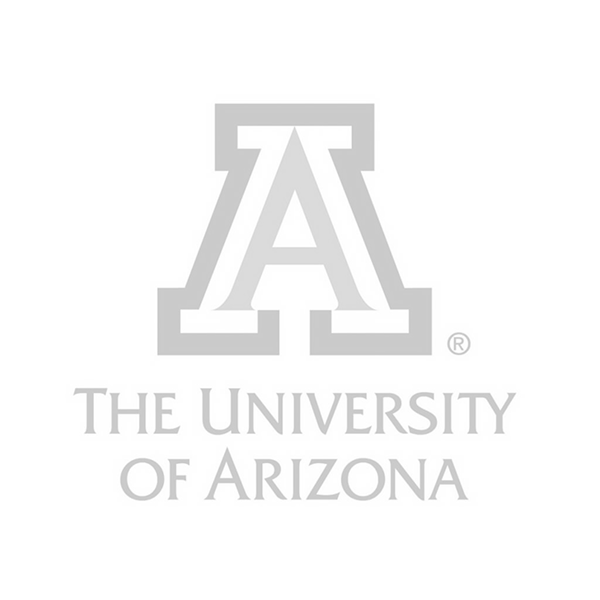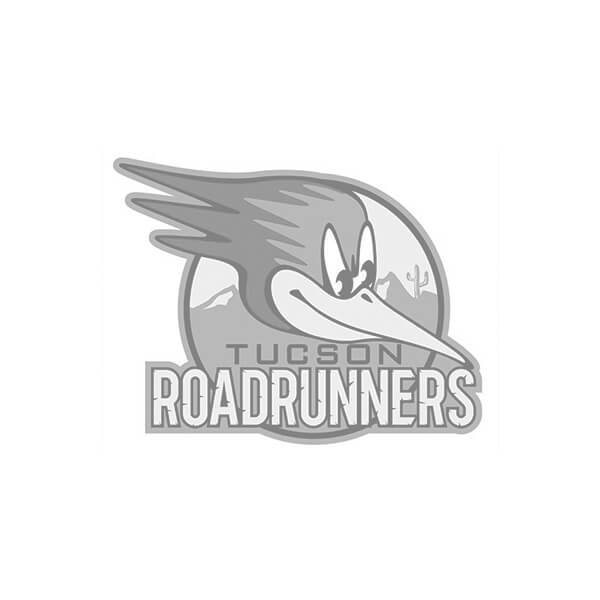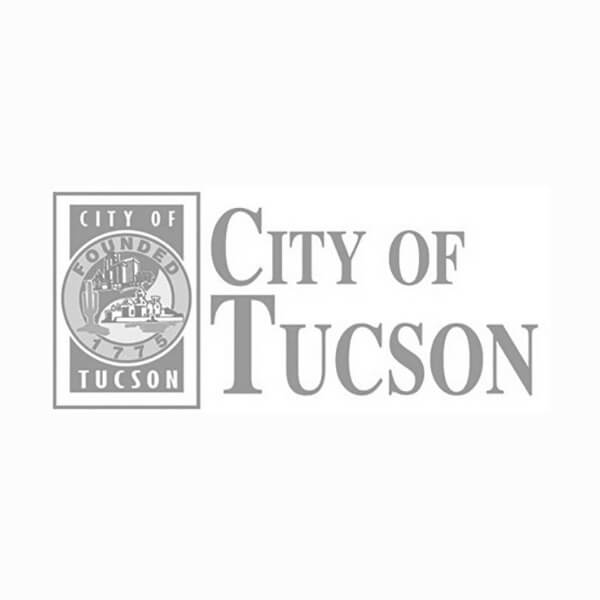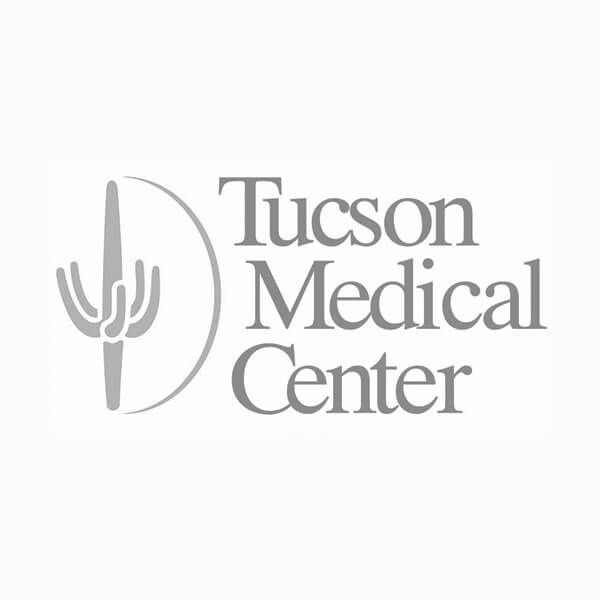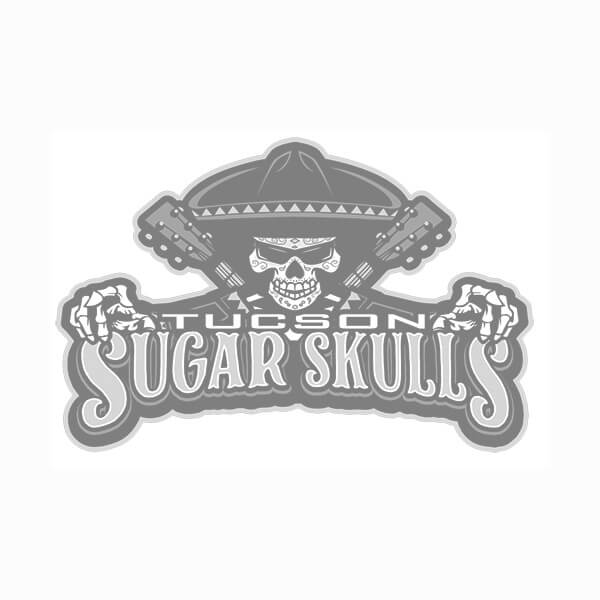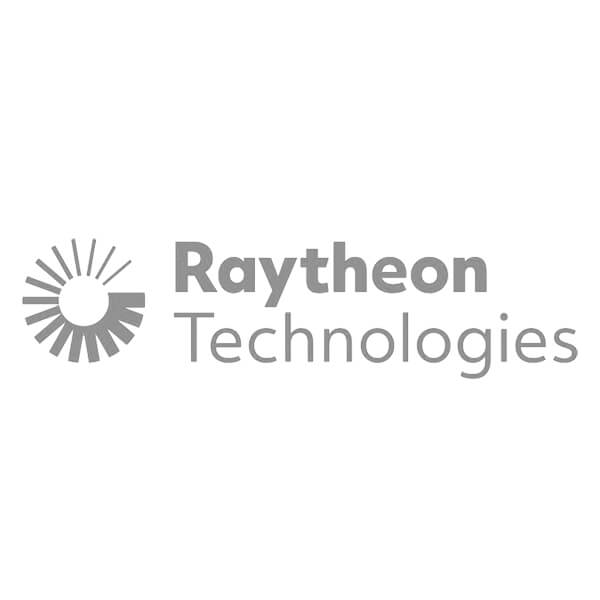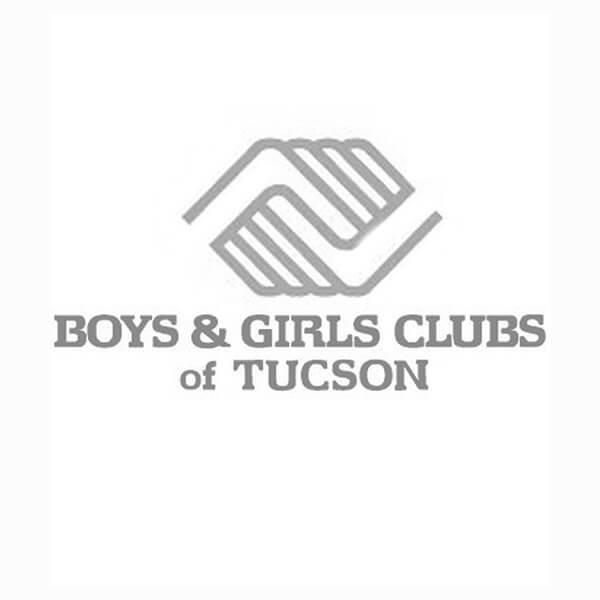GRAPHIC IMPACT
DTF vs DTG – Direct to Film Transfers vs Direct to Garment
www.graphic-impact.com
At Graphic Impact, we’re proud to offer a wide range of apparel printing technologies to meet our customers’ unique needs. Two of the most popular methods today are Direct to Garment (DTG) and Direct to Film (DTF) printing. While both are digital printing techniques that deliver high-quality, full-color designs, they differ in process, versatility, and application. Understanding the key differences between the two can help you choose the right method for your next custom apparel project.
What is Direct to Garment (DTG) Printing?
Direct to Garment printing is exactly what it sounds like—it involves spraying ink directly onto a garment using a specialized inkjet printer. The water-based inks are absorbed by the fibers of the fabric, allowing for highly detailed, vibrant designs. DTG works best on 100% cotton garments and is often the preferred method for small batch orders, complex artwork, or photographic prints.
DTG Pros:
High Resolution and Detail: DTG excels at producing vibrant prints with smooth gradients and fine details.
Soft Hand Feel: Since the ink is absorbed into the fabric, the design feels soft and comfortable, rather than thick or rubbery.
Ideal for Short Runs: Perfect for one-off shirts or small batch orders with multiple colors.
Eco-Friendly Options: DTG inks are water-based and often certified for safety and environmental friendliness.
DTG Cons:
Limited to Cotton or Cotton-Rich Fabrics: DTG performs best on 100% cotton, and may not work as well on polyester or blends.
Higher Cost Per Unit for Large Runs: Not as cost-effective as screen printing or DTF for large quantities.
Slower Production Time: Each shirt must be printed individually and requires pre-treatment and curing, which can slow the process.
What is Direct to Film (DTF) Printing?
Direct to Film printing is a newer method where designs are printed onto a special film, coated with adhesive powder, and then transferred to a garment using a heat press. This process allows designs to be printed in advance and applied later, making it highly versatile for a wide variety of materials.
DTF Pros:
Print on Any Fabric: DTF can be applied to cotton, polyester, blends, nylon, and more—making it ideal for athletic wear, uniforms, and promotional items.
Excellent Durability: Transfers are strong and long-lasting, even after multiple washes.
No Pretreatment Required: Unlike DTG, DTF does not require pretreatment, saving time and labor.
Great for Large Runs or Stock Transfers: Transfers can be printed and stored, then applied as needed, improving workflow and turnaround time.
DTF Cons:
Thicker Hand Feel: Because the transfer sits on top of the fabric, it may feel less soft compared to DTG.
Slightly Less Detailed Than DTG: While high-quality, DTF prints may not capture gradients or fine photographic details quite as sharply.
More Steps in the Process: Printing to film, powder application, and pressing each require precision and extra handling.
When to Choose DTG
Choose Direct to Garment when:
You’re printing on 100% cotton shirts.
Your design includes intricate gradients or photographic elements.
You want a soft, lightweight feel.
You need a few shirts with a fast turnaround.
DTG is ideal for retail-quality t-shirts, limited edition prints, and personalized apparel with complex artwork.
When to Choose DTF
Choose Direct to Film when:
You need to print on various types of fabric.
You want to prepare designs ahead of time and press on demand.
You’re producing large runs or need durable prints for workwear or athletic wear.
You’re looking for a versatile, all-purpose solution.
DTF shines in volume production, multi-garment printing, and promotional apparel.
Final Thoughts
Both DTG and DTF have their place in modern apparel printing, and at Graphic Impact, we use both technologies to offer the best possible solution for each project. DTG remains the top choice for softness and fine detail on cotton garments, while DTF is unmatched in versatility and durability across fabric types.
Not sure which is right for your job? Stop by our Tucson showroom or give us a call at 520-795-7446. Our team is always ready to guide you to the perfect solution for your custom apparel needs. And remember—whether you want just one shirt or one hundred, we have no minimum order requirements and some of the fastest turnaround times in the business.
Let Graphic Impact bring your vision to life with the latest in printing technology!



